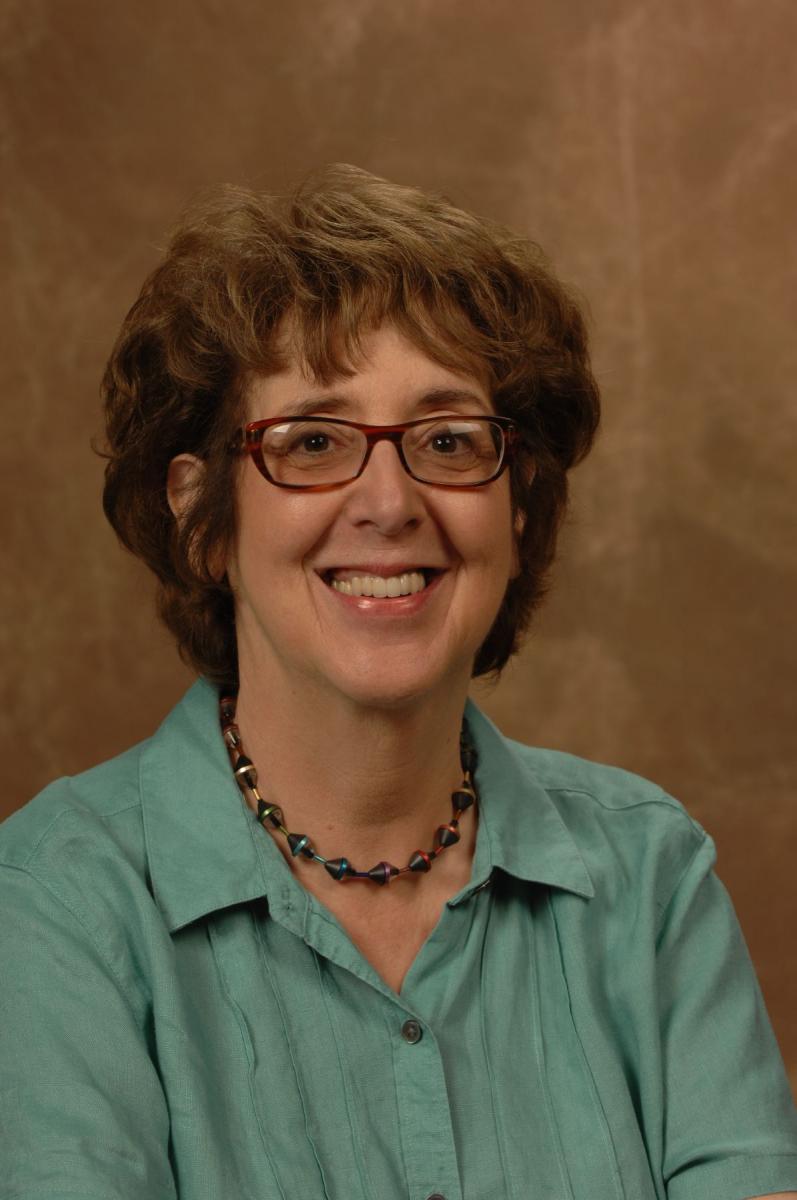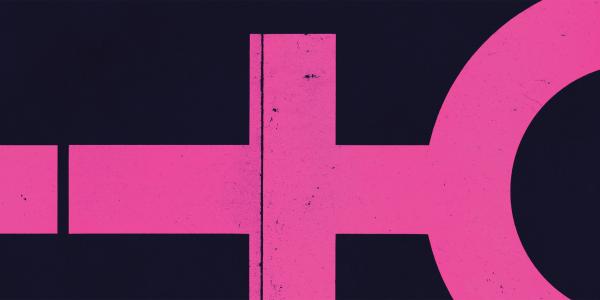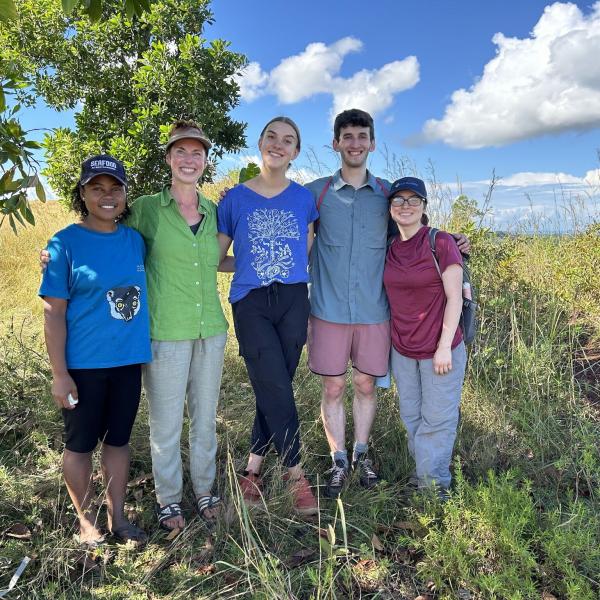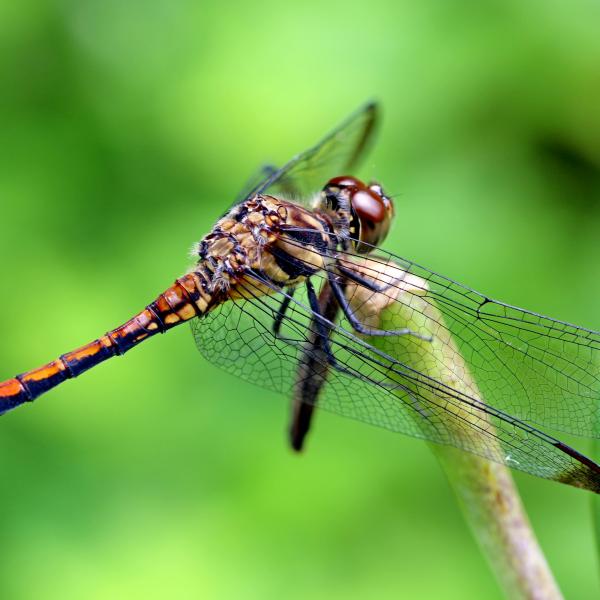After a remarkable 45-year career, Linda Nicholson, the Susan E. and William P. Stiritz Distinguished Professor of Women's Studies and Professor of History, is retiring. She reflects on her time at WashU, the growth of women’s studies, and what she hopes to do next.

How long have you been at WashU?
I moved to St. Louis on the first day of the century, January 1, 2000. I had been teaching at SUNY Albany for 25 years, from 1974 to 2000. So it’s been a 45-year teaching career.
How does it feel looking back at 45 years?
Oh, I don’t know if I’ve even done that. There’s too much! I do feel very lucky. I feel very privileged in so many ways. I started teaching when the women’s movement was just beginning. I had done my dissertation in political theory and political philosophy. I wasn’t sure where I was going to go, and then someone asked me to teach a course called “Feminist Social and Political Thought.” When you teach a course, suddenly you learn a lot about a new subject and you get new ideas. Then it was just off from there.
Did that first course kick off your research?
Yes, that is essentially where my early work stems from. My first book is called Gender and History: The Limits of Social Theory in the Age of the Family. It was about how looking at issues germane to feminism causes us to reshape how we think about the history of political philosophy. I argue that very important political philosophers such as John Locke and Karl Marx got some very crucial issues wrong. Locke assumed that the separation between family and state that he saw in his own time was universal. Marx thought that the separation between the family and the economy that he saw in his own time was universal. From a feminist lens, we can now look back and see how these relationships are changing historical relationships, and that changes how we think about key aspects of social life. I think that's a lot of what women’s studies was doing in the 70s and early 80s, just blowing apart disciplines.
When I was in Albany, NY, I remember sitting around my living room in the 70s. Many of us were just getting involved in women’s studies. We were talking about our own research and how many people in grad school were saying, “I want to write about this,” and people would respond, “Oh that’s very interesting, but it’s just not philosophy.” Or “It’s just not history. It’s just not literature.” So, we realized that some of the most interesting questions lie in the borderlands between the disciplines. You have to sometimes change the disciplines yourself.
What was it like watching women’s studies start from this little seed and form into what it is today and witnessing society’s changing attitudes of feminism?
The 70s were a very interesting period of time because we were trying to break new ground. Different disciplines became more important at different points. Anthropology, for example, was very important in the seventies. It helped us to answer questions like, has it been this way everywhere? Is male domination universal? Is it different in different places? Then, we turned to psychologists in the 80s and political philosophers in the 90s. That is when some of my work became important as we were talking about post-modernism and the relationship between postmodernism and feminism.
I think what also happened in the 70s and 80s is that feminism became almost commonsensical. In terms of the public world of schooling, of work, of government, women should be equally there. In a significant sense, there was an acceptance of those issues. We have had less success in changing the gender division of labor in the home, in issues of sexual harassment. So, it’s kind of unsurprising that the #MeToo movement took so long, but what’s interesting is how it has finally emerged. Now, those issues of private life are getting more public attention.
Do you see the field kind of moving that way now, towards private life?
When I first came to WashU, the field was called Women’s Studies. Since we had almost always looked at the world from the perspective of men, now we needed to focus on the perspective of women. Then, we came to realize the issue wasn’t just about women. It was about gender, and we started to examine masculinity with a critical lens. So, we changed the name of the program to Women and Gender Studies. Over time, our name became Women, Gender, and Sexuality Studies. I think that recognizing private life and sexuality are absolutely central if one is going to study women and gender. It was also important to recognize that while gender and sexuality are important aspects of identity, they are not the only ones. Race is crucial. Class is crucial. One can’t just talk about women. One has to look at all of these dimensions of identity, and that is reflected in our curriculum now. The word that emerged to describe this complexity is, of course, intersectionality. We have become much more cognizant of the complexity of identity.
How do you feel saying goodbye to the department you’ve watched grow for the past fifteen years?
This department has done and is doing so many wonderful things. We have graduate certificate programs, and students who are getting their PhDs from all over come here. We have a wonderful mentorship program with our graduate students where they get to teach a WGSS class, and we’re working on the possibility of a joint MA program with the law school. For our undergraduates, we have expanded our service learning requirements. They work with the women’s prisons. They go to family court. They work with transgender youth. They are out there in different communities and doing all kinds of wonderful work.
Is there any advice that you’d give to your younger self?
I heard a line about six months ago, and I wish somebody had said this to me when I was younger: “You can walk into a room with fear or with love.” I am sure there are a lot of us who aren’t natural-born speakers, but who intensely feel the responsibility of teaching. We are acutely aware that it is up to us whether these students learn something, whether they’re interested, whether they're bored. It is our responsibility. For me, this awareness sometimes generated stress. So, I think maybe too many times I walked into the room with fear. Hopefully, a lot of the time I also walked in with love,.
What will you be doing now?
Well, one doesn’t get to where I am without working very, very hard and for a very long time. My joke is that ever since I started kindergarten, it’s been high-stress expectations and proving myself. So right now, I want to just take a break. I was listening to NPR, and there was a conversation about the last third of one’s life, the last chapter. I want this chapter to be different from the others. I don’t have to prove myself anymore. I feel privileged and lucky and gratified that I have gotten a lot of recognition, and that I’ve gotten to the point where I do not need that as much anymore. I feel comfortable orientating my life in new directions.




